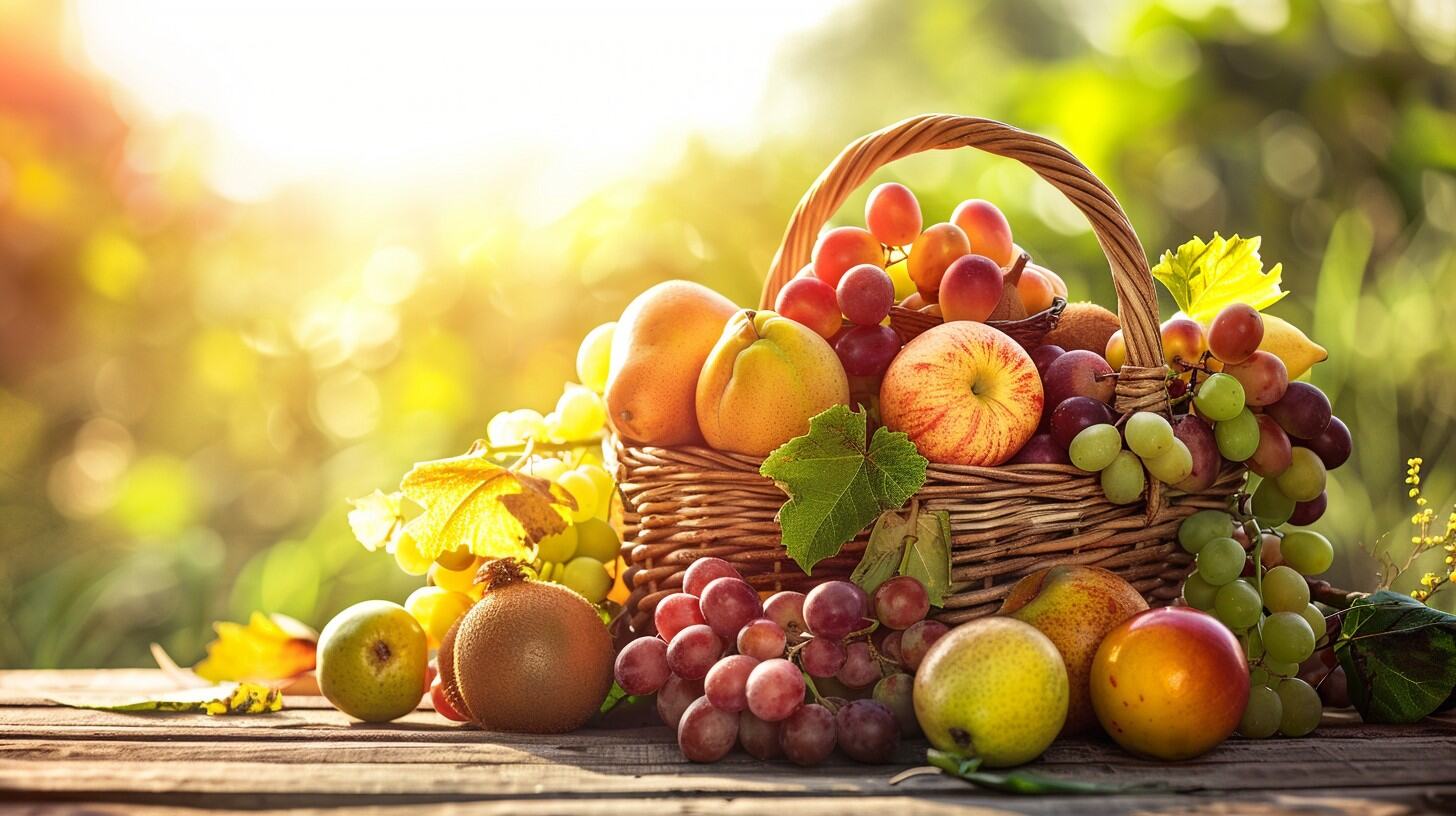Embrace the Season: A Guide to the Best Winter Fruits
Winter fruits have a unique taste and flavor, this is a fun fact. In addition, what distinguishes these fruits from the others is that every fruit contains a wealth of vitamins and variety of immunity-boosting antioxidants. In other words, every single fruit is ideal for strengthening immunity. Below are some of the winter fruits which can be consumed during the bipolar winter months.
1. Citrus Fruits
Health Benefits:
- Strengthens the immune system
- Facilitates the process of digestion
- Has high levels of antioxidants which reduce inflammation
2. Pomegranates
Pomegranates are among the earliest domesticated fruits and are rich in nutrients. Containing numerous vitamins including C and K, the arils also comprise a range of fibers and antioxidants. Salads, snacks, and drinks, to mention a few, can all contain pomegranates. Their sweet-tart flavor also makes them useful for savory and sweet recipes.
Health Benefits:
- Aids in maintaining heart functions
- Contains anti-oxidants that eliminate free radicals
- May be beneficial to memory and physical activity
3. Apples
Many people consider autumn as apple season; however, apples can be found and enjoyed during winter as well. Apples are quite fibrous and so help in digestion and come in numerous flavors from sweetened to extremely tart. Apples provide a great range of versatility, whether they are poured into a pie, included in oatmeal, or enjoyed as a tasty and crisp snack.
Health Benefits:
- Helps improve heart conditions by reducing cholesterol levels
- Due to the high content of fiber, it assists in maintaining a healthy gut
- Assists in maintaining proper blood sugar levels
4. Pears
Pears are one of the fruits in the world that can lasting tastes all through winter, Along with apples, the pair has a unique creamy texture and sweetness in them which makes poaching, roasting or even adding them to a salad ideal. Vitamin C is also found in large quantities in pears among other fibers and nutrients, making it a great addition to the diet during winter.
Health Benefits:
- Enhances stomach health
- Contains Antioxidants that delay the aging process
- Aids in the processes of weight regulation due to its low fat stores
5. Persimmons
Ayam persimmons is a Japanese apple of the pear family whose flesh is light orange in color, very soft and sweet, and looks oval in shape. Due to their alluring color, they easily grab attention however, they are one of the most underrated winter fruits, but are definitely one of the fruits that should be tried out. Their delicious honey-like taste and its succulent feel are great for any winter salad or sweet dish. Vitamins in A form plays a major role in perfect skin and enhancing eyesight, persimmons are high on this vitamin.
Health Benefits:
- Includes ingredients that inhibit the growth of pathogens and harmful bacteria in the gut
- Offers potent anti-oxidants such as vitamin C, vitamin E and polyphenols
- Assists with the overall improvement of skin and eye-related issues
6. Kiwi
The fuzzy little kiwi is a winter treasure that is sweeter than oranges when it comes to Vitamin C. Its sweet and somewhat tangy flavor makes a great snack or an accompaniment to smoothies. Kiwis have a lot of fiber as well as several vitamins and minerals that have a myriad of health benefits for the person consuming them.
Health Benefits:
- Has a positive effect on the body’s overall immunity
- Improves digestion
- Good for the skin due to its high content of Vitamin E
7. Cranberries
Cranberries are associated with dishes eaten during the holidays, however they are a great fruits by themselves during winter. Fresh cranberries can be made into sauces, baked treats, and added to salad mixes. They are tart, sweet, and one of the best sources of antioxidants that your body needs.
Benefits for Health:
- Aids in the prevention of urinary tract infections (UTIs).
- Helps with inflammation.
8 Grapes
Grapes are a fruit that is hydrating and full of vitamins C and K as well as antioxidants. Grapes are popular during the winter months in some regions, even if they are available the entire year. The red and green varieties are also quite sweet and make an excellent snack or complement for most cheese plates.
Health Benefits:
- Supports cardiovascular system.
- Contains potent antioxidant resveratrol.
- Helpful in hydration and digestion.
9 Dates
Dates are known to have a lot of nutrients very well and sweet making them seem like candies. Dates which are popular all throughout the winter season are great when added to many dishes as they are a great source of essential minerals like potassium and magnesium as well as a source of natural sugar. Dates can also be consumed raw, with smoothies, or in dishes as preservatives.
Health Benefits:
- Enhances concentration and overall brain function
- A great source of quick energy
- Contains potassium, vitamin C, and fiber
9. Guava
There are plenty of reasons I’d want to add guavas to my diet. First of all, they are readily available almost throughout the year in many different varieties so getting one won’t be much of a hassle. Most crucially, guavas contain a significant amount of potassium, a mineral that is fairly effective in controlling blood pressure along with the various other health benefits it provides. Additionally, they are rich in fiber and many vitamins essential for daily life which makes them even more attractive, especially for someone who’s active and is seeking nutritious food sources.
Health Benefits:
- Improves metabolism, aids digestion, and is good for oral health
- Helps regulate sugar levels in the bloodstream
- Helps boost immune system response
Conclusion
Although most claim otherwise, I find that there’s a lack of variety in the foods I can eat during winters. However, with the help of guavas and lemons I can easily enhance the quality and texture of most meals so I can adjust more comfortably to the weather. And, in severe cases when I feel that I’m still short on nutrient variety, I can always stock up on oranges which are, in regards to taste, the opposite of guavas and lemons. It’s always nice to practice moderation and discipline with food!
Explore: The Benefits of Vegetables: Why They’re Essential for Your Health



















